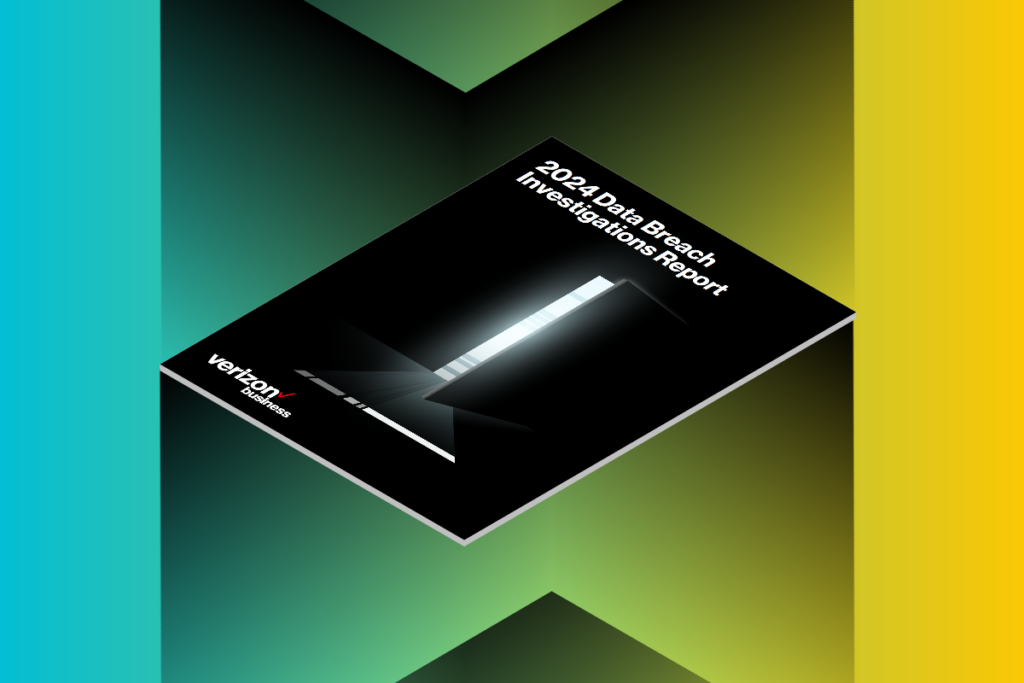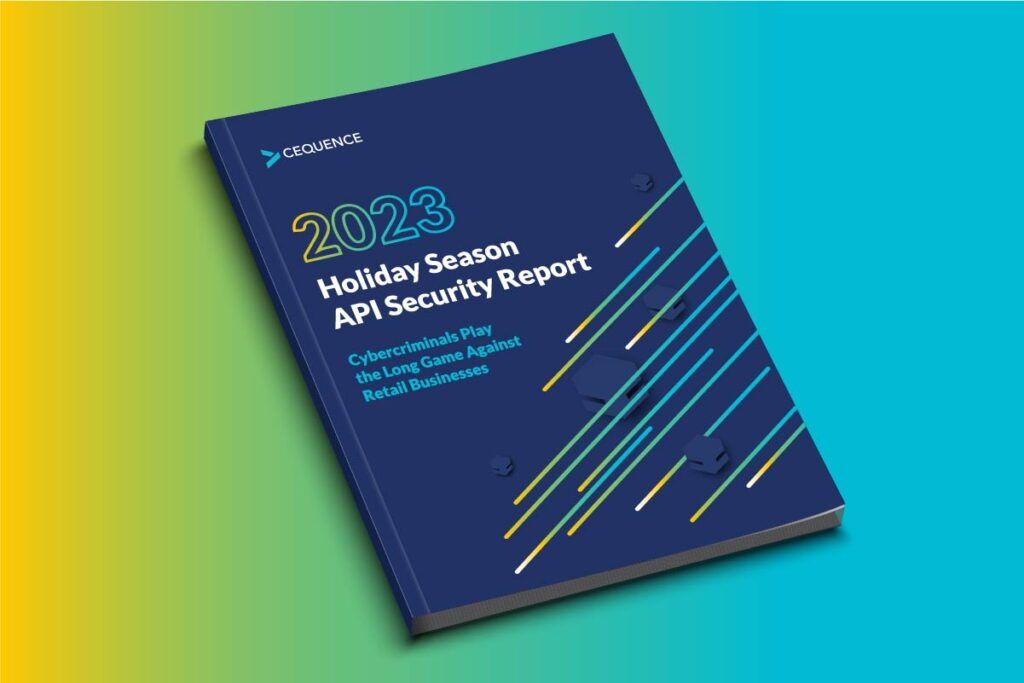The Digital Operational Resilience Act (DORA) is a significant regulation introduced by the European Union, set to take effect on 17 January 2025. While DORA is primarily designed to enhance the operational resilience of financial entities against ICT-related incidents, its impact extends far beyond financial institutions.
DORA establishes requirements and principles that financial entities must adhere to, focusing on outcomes and risk management practices rather than prescribing specific technical controls or technologies. This approach allows organizations to tailor their compliance efforts based on their unique risk profiles and operational needs.
However, the implications of DORA do not stop with financial institutions. The regulation also significantly affects supply chain companies, particularly those providing Information and Communication Technology (ICT) services to financial entities. DORA recognizes the critical role these third-party service providers play in the operational resilience of financial institutions and imposes specific requirements to ensure that they do not introduce undue risks. Consequently, companies that have financial institutions as customers or are viewed as part of the supply chain must also align with DORA’s requirements to avoid becoming a weak link in the chain.
Failure to comply with DORA can have severe consequences for financial entities, including substantial fines, enforcement actions, and increased regulatory oversight, with the severity depending on the breach’s impact and the organization’s size. Regulatory authorities have the power to take enforcement actions against non-compliant entities, which could include orders to cease certain activities, restrictions on business operations, or mandates to implement specific remedial measures. Additionally, entities that fail to comply may face additional oversight or stricter reporting requirements imposed by authorities, potentially increasing the regulatory burden and operational costs.
Leveraging Cequence to Achieve DORA Compliance
Security and Protection
- Comprehensive API Security: Cequence offers API security solutions that protect against threats like unauthorized access, data breaches, and API abuse. By securing APIs, Cequence helps financial entities safeguard their digital interfaces, which are often critical for their operations.
- Threat Detection and Mitigation: By providing real-time monitoring and detection of malicious activities targeting APIs, Cequence helps financial entities quickly identify and mitigate threats, thereby ensuring continuity and minimizing the impact of incidents.
- Compliance with Security Standards: Cequence’s API security solutions can be tailored to meet the specific requirements outlined in DORA, ensuring that financial entities’ APIs comply with industry standards and best practices for cybersecurity.
Incident Management and Response
- Automated Threat Response: Cequence can integrate with financial entities’ security operations to automate the detection and response to API-related incidents, reducing response times and limiting the potential damage from ICT-related incidents.
- Incident Reporting: Cequence’s tools can be configured to facilitate the reporting of significant incidents to regulatory authorities, as required by DORA. This includes providing detailed logs and analytics that help in the classification and reporting of incidents.
Risk Management and Resilience Testing
- API Risk Assessment: Cequence can assist financial entities in conducting regular risk assessments of their APIs, identifying potential vulnerabilities, and implementing measures to mitigate those risks in line with DORA’s requirements.
- Continuous Resilience Testing: Cequence provides tools for continuous testing of API security and resilience. This includes vulnerability scanning, penetration testing, and stress testing to ensure that APIs can withstand different types of attacks and disruptions.
Third-Party Risk Management
- Monitoring Third-Party APIs: Cequence offers solutions that identify, monitor, and secure APIs provided by third-party vendors, helping financial entities manage the risks associated with third-party services. This is particularly important given DORA’s emphasis on managing ICT third-party risks.
- Supply Chain Security: Cequence can help financial entities assess and secure the APIs used by their suppliers and partners, ensuring that the entire supply chain is resilient and compliant with DORA.
Security Automation and Orchestration
- Automation of Security Controls: Cequence provides automation capabilities that can help financial entities implement and maintain consistent security controls across their API environments. This reduces the likelihood of human error and ensures continuous DORA compliance.
- Orchestration of Incident Response: Cequence’s solutions can help orchestrate incident response processes across different teams and systems, ensuring that financial entities can quickly respond to and recover from ICT-related incidents.
Threat Intelligence and Information Sharing
- Threat Intelligence Integration: Cequence offers threat intelligence services that provide financial entities with up-to-date information on emerging threats targeting APIs. This enables proactive defense measures and aligns with DORA’s encouragement of information sharing among entities.
- Collaboration Platforms: Cequence can facilitate secure platforms for sharing threat intelligence and security best practices among financial entities, helping them collectively improve their resilience against common threats.
Support for Compliance and Audit Preparation
- Compliance Reporting: Cequence can assist financial entities in generating the necessary reports and documentation required for DORA compliance, including evidence of API security measures and incident response procedures.
- Audit Readiness: Cequence’s tools help financial entities prepare for audits by providing comprehensive visibility into their API security posture, ensuring that they can demonstrate compliance with DORA during regulatory assessments.
While the Digital Operational Resilience Act (DORA) is clearly aimed at strengthening the IT security of European financial entities such as banks, insurance companies and investment firms, it also clearly applies to the third-party risk that vendors and supply chain partners may represent. As financial institutions have continued to embrace technology to better serve their customers, shorten time to market, and control costs, it’s clear that having the right tools in place to monitor and protect this infrastructure is critical. Organizations must be able to discover their API attack surface, ensure compliance with internal governance and external regulations, and detect and mitigate attacks against their applications and APIs. These security pillars are no longer “nice to have”, but rather are necessary capabilities to ensure future success.
Sign up for the latest Cequence Security news
By clicking Subscribe, I agree to the use of my personal data in accordance with Cequence Security Privacy Policy. Cequence Security will not sell, trade, lease, or rent your personal data to third parties.




